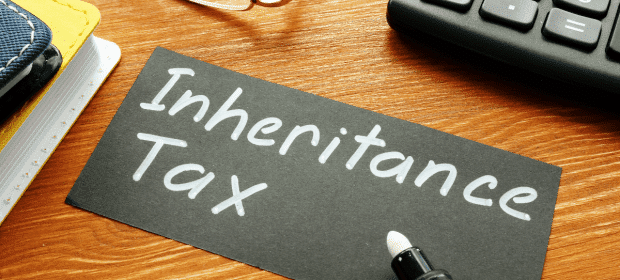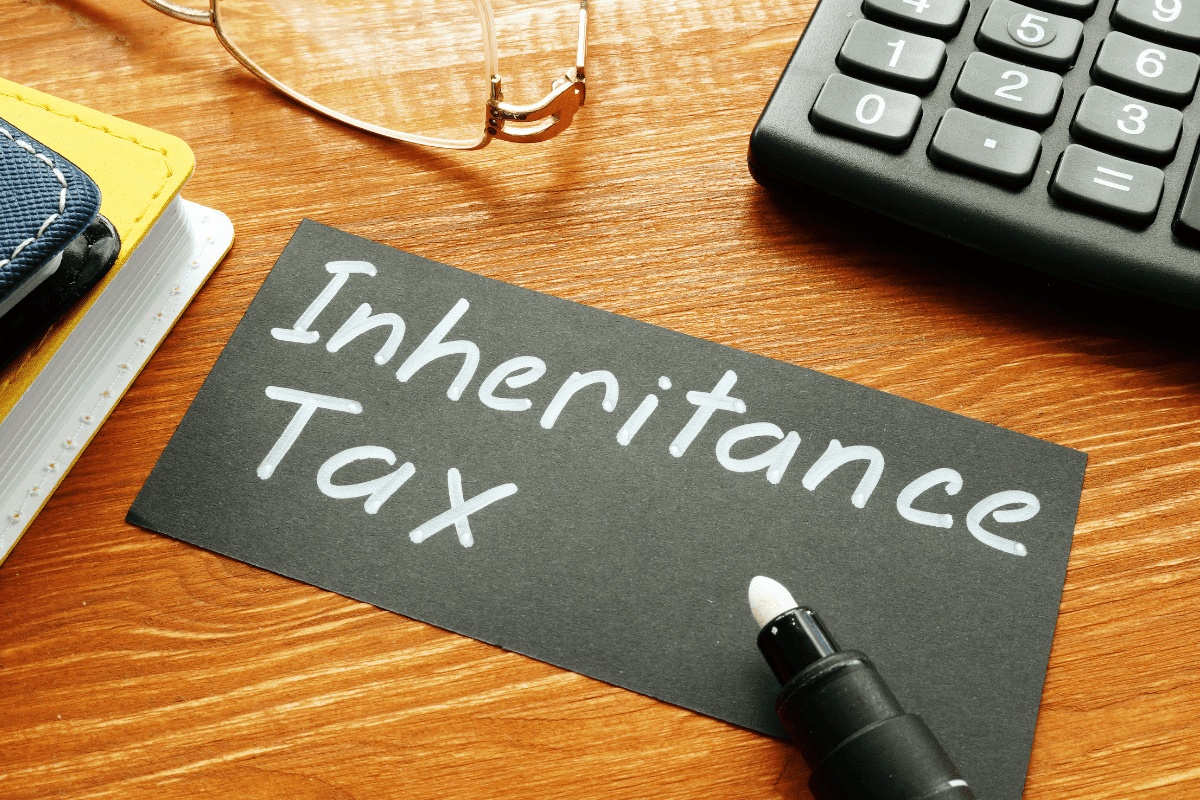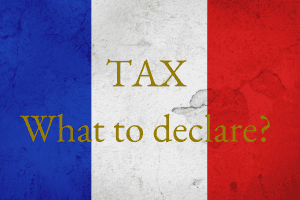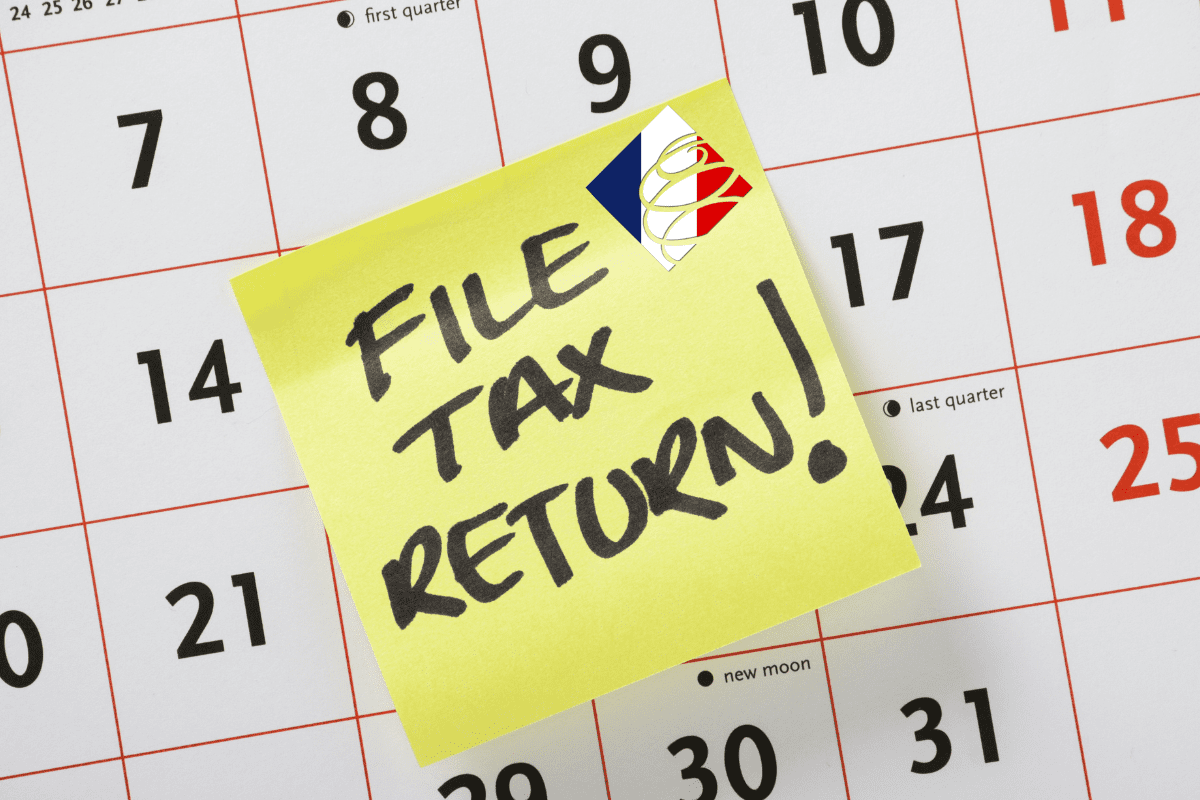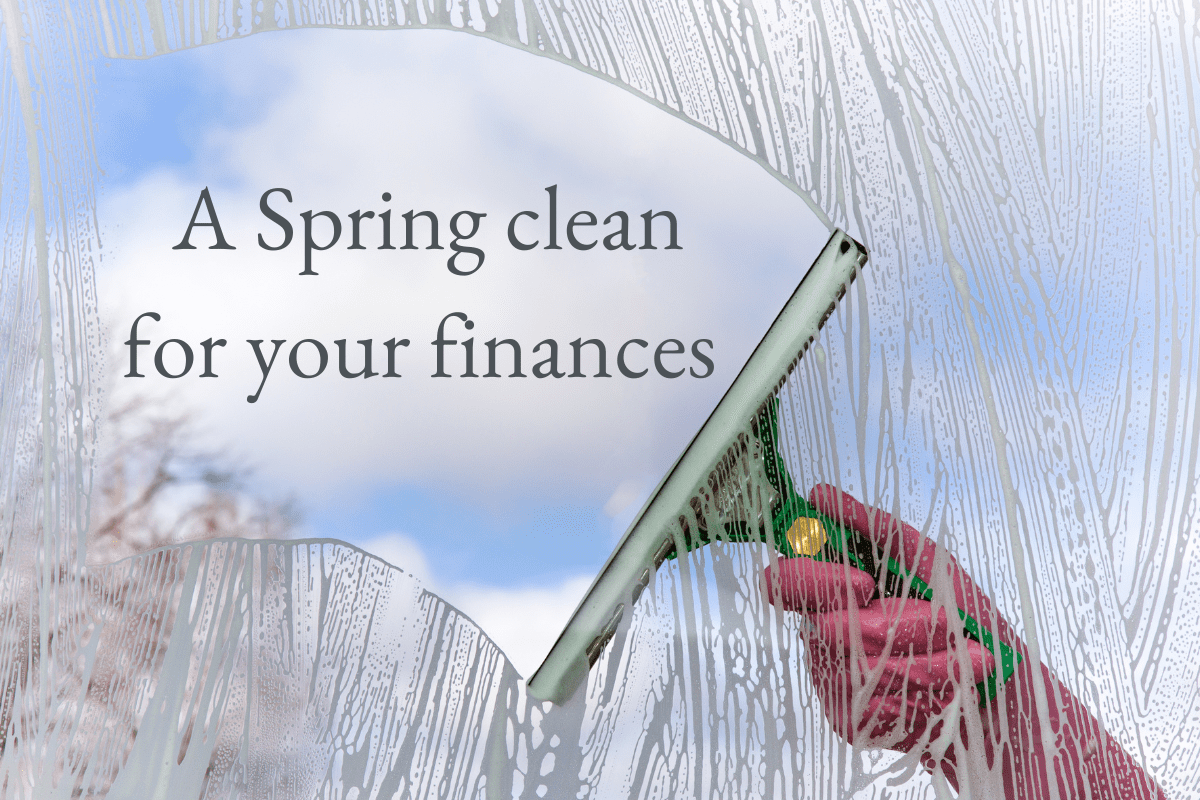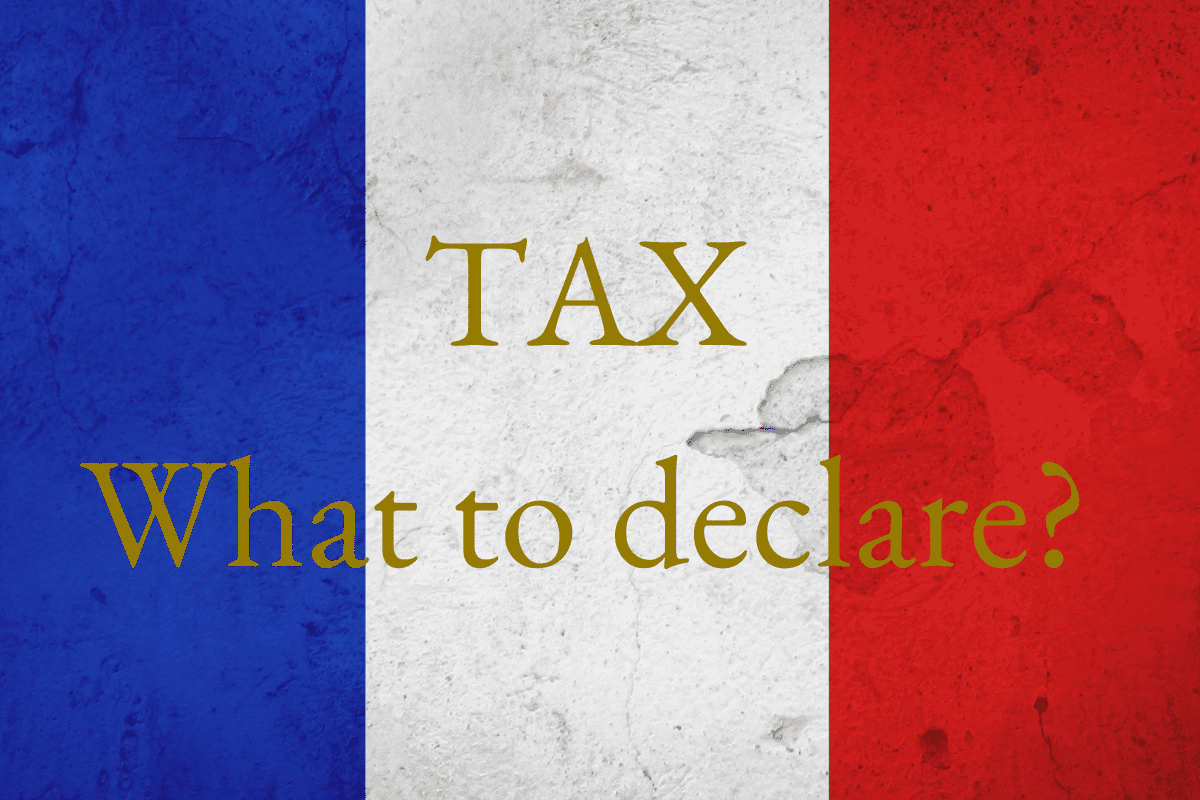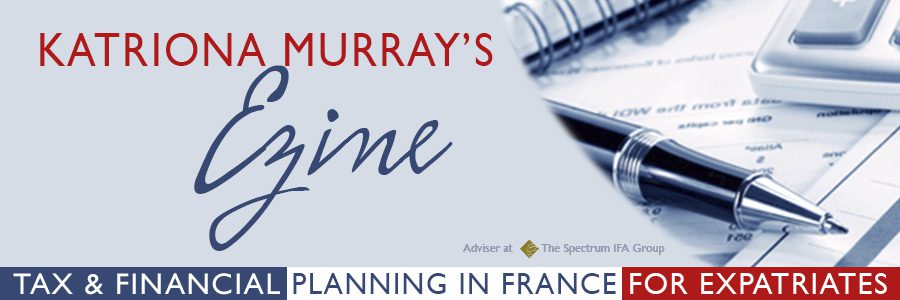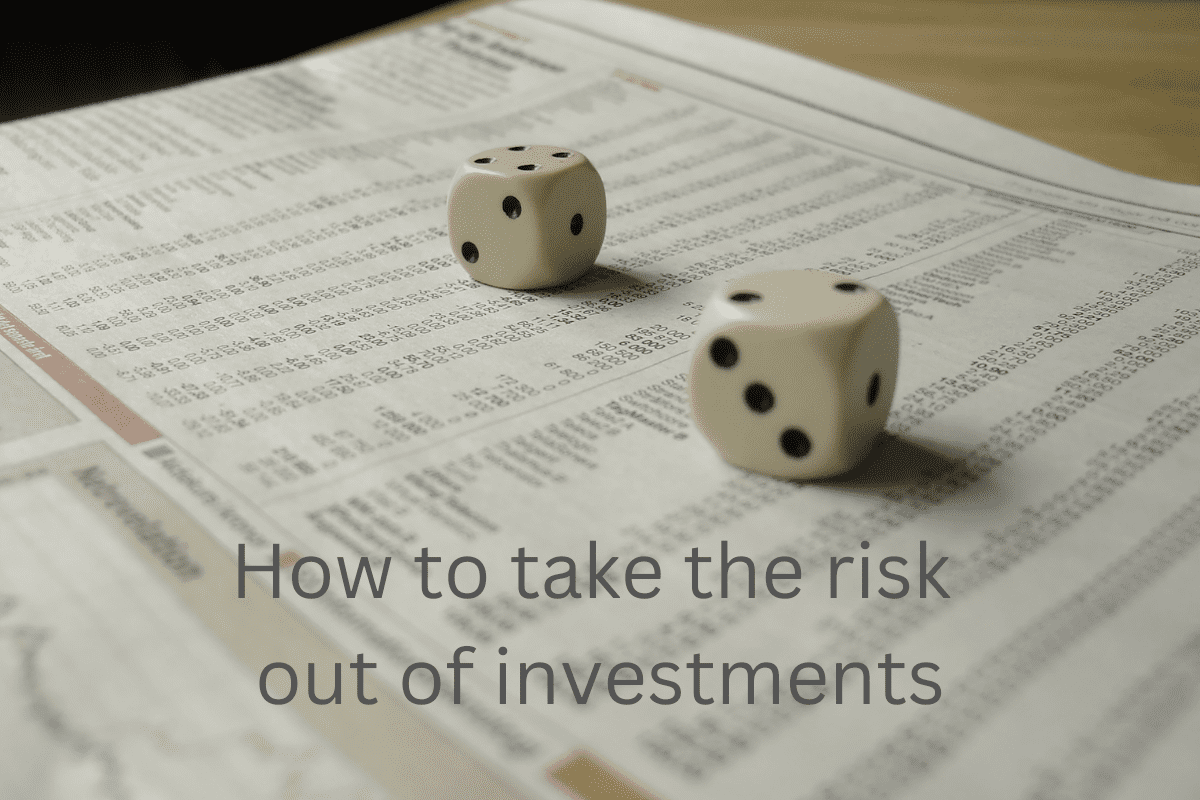Welcome to the latest edition of our newsletter ‘Spectrum in Occitanie, Finance in Focus’, brought to you by your Occitanie team of advisers Sue Regan, Philip Oxley, Derek Winsland, together with Rob Hesketh now consulting from the UK.
As a very important part of any financial planning review, we thought we would re-visit the subject of inheritance planning in this newsletter for the benefit of newcomers and as a reminder for those of you who are already settled in this fabulously diverse and beautiful region of France.
Despite the importance of making sure one’s affairs are in order for the inevitability of one’s demise, very few actively seek advice in this area and, as a result, are unaware of the potential difficulties ahead for their families and heirs, not to mention potential tax bills which can be quite substantial for certain classes of beneficiary.
The basic rule is, if you are resident in France, you are considered also to be domiciled in France for inheritance purposes and your worldwide estate becomes taxable in France, where the tax rates depend upon the relationship to your beneficiaries.
Fortunately, there is no inheritance tax between spouses, PACSed or civil partners, and the allowance between a parent and a child is reasonably generous, currently €100,000 per child, per parent. For anything left to other beneficiaries, the allowances are considerably less. In particular, for stepchildren and non-related beneficiaries, the allowance is a measly €1,594 and the tax rate on anything above that is an eye-watering 60%!
There are strict rules on succession and children are considered to be ‘protected heirs’ and, as such, are entitled to inherit a proportion of each of their parents’ estates. For example, if you have one child, the proportion is half; two children, one-third each; and if you have three or more children, then three-quarters of your estate must be divided equally between them.
You are free to pass on the rest of your estate (the disposable part) to whoever you wish through a French will and, in the absence of making a will, if you have a surviving spouse he/she would be entitled to 25% of your estate.
You may also be considered domiciled in your ‘home’ country and if so, this could cause some confusion, since your home country may also have the right to charge succession taxes on your death. However, France has a number of Double Taxation Treaties (DTT) with other countries covering inheritance. In such a case, the DTT will set out the rules that apply (basically, which country has the right to tax what assets).
For example, the 1963 DTT between France and the UK specifies that the deceased’s total estate will be devolved and taxed in accordance with the person’s place of residence at the time of death, with the exception of any property assets that are sited in the other country. By the way, the UK–France Treaty is not affected by Brexit.
Therefore, for a UK national who is resident in France, who has retained a property in the UK (and does not own any other property outside of France), the situation would be that:
- any French property, plus his/her total financial assets, would be taxed in accordance with French law; and
- the UK property would be taxed in accordance with UK law, although in theory, the French notaire can take this asset into account when considering the fair distribution of all other assets to any protected heirs (i.e. children).
If a DTT covering inheritance does not exist between France and the other country with which the French resident person has an interest, this could result in double taxation if the ‘home’ country also has the right to tax the person’s estate.
Hence, when people become French resident, there are usually two issues:
- how to protect the survivor; and
- how to mitigate the potential French inheritance taxes for other beneficiaries




